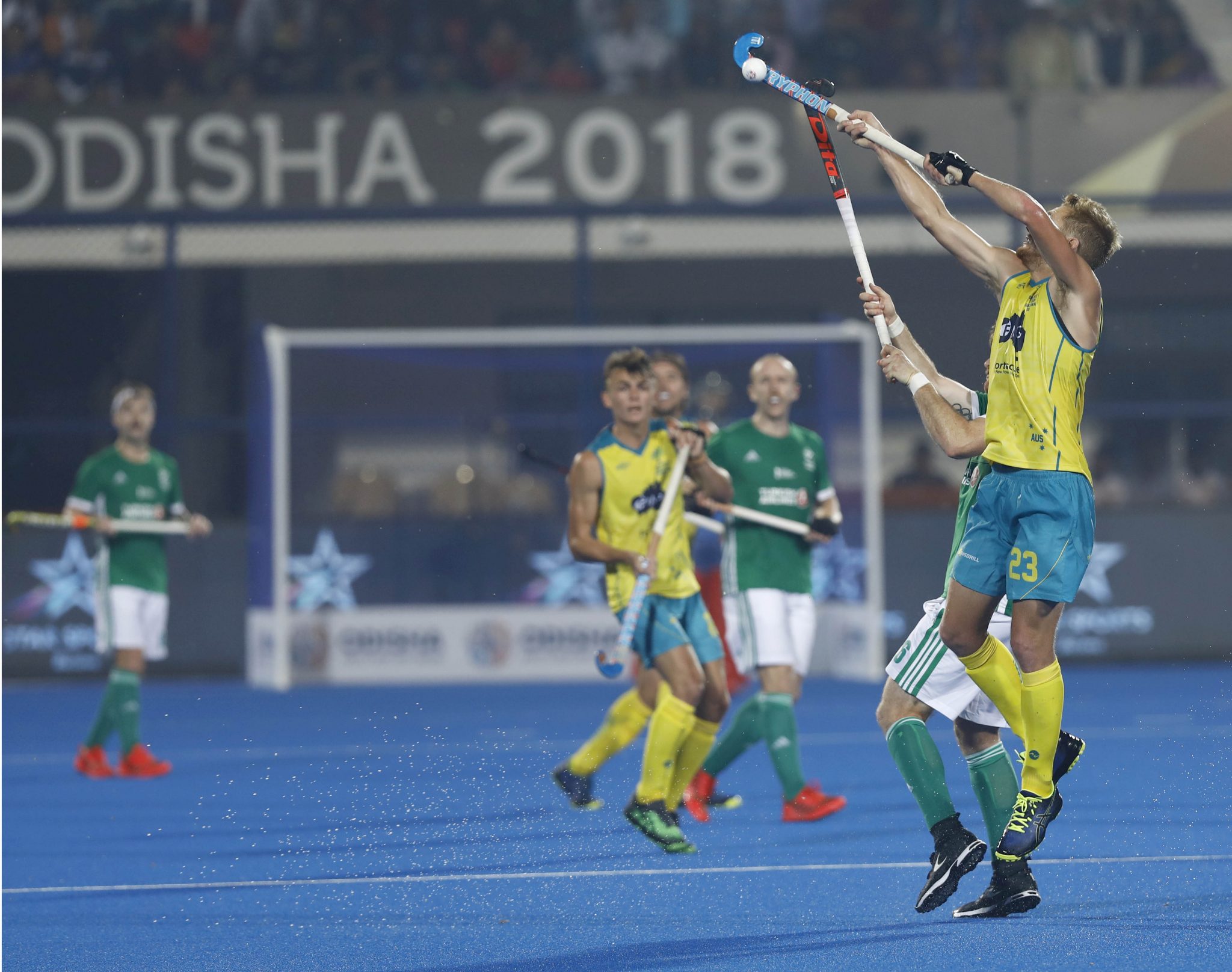Three is the magic number. If you’re old enough or have a passing interest in American hip hop, you might recognise this line from De La Soul’s famous hit song from the late 80’s, writes Todd Williams
Coincidentally, when it comes to hockey, Ric Charlesworth is also a firm believer in the power of three or, more specifically, three goals.
It’s always been his view that no matter how good you are, to win games of hockey, you really need to score three times.
That way, you’ve got enough on the scoreboard to deal with your opposition scoring a good goal and also them scoring a lucky one – whether that be through the bounce of the ball, an unexpected mistake or a curious umpiring decision.
Interestingly, with the first round of matches at the World Cup now complete, we can already see how important that vital third goal would have been in half of the games that we’ve seen.
For Belgium, New Zealand and Australia, not being able to turn their statistical advantages into a 3-1 lead against lower ranked opponents meant the final moments of their matches became twitchy affairs resembling what we will expect to see in the last minutes of the knockout matches.
The England-China match however showed us precisely why the 2-1 scoreline is so precarious.
Despite dominating possession, circle entries and shots, with Phil Roper even hitting the join of the post and crossbar, one miscalculated tackle by Liam Sanford gave China the one chance they needed to equalise with barely a minute remaining.
Yes, Harry Gibson will be disappointed with the goal but it goes without saying how different defending a PC is for goalkeepers, runners and post-men when you are two goals up compared to one.
The need for the third goal also raises the topic of how difficult the 2-0 scoreline can be to manage. Ask people which they’d prefer, 1-0 or 2-0 and of course they’d go for the latter.

Mentally though, 1-0 is arguably easier to manage as the situation is simple and clear. Yes, you are one goal ahead but your comfort is limited by the knowledge that it’s the slimmest of leads that can be lost in a second.
In comparison, at 2-0, you know you’re one goal away from very likely closing the game out. You also know that a goal against is not the end of the world either. The trouble is that if your opponent scores, not only is the chance of coasting to the final whistle gone but you are also quickly back to the pressure of the one goal lead.
And the double-whammy is that your opponent has being going through a similar process. Just one goal and the possibility of them needing to limit the damage at 0-3 is gone and instead it’s game on, with them coming at you with fresh wind in their sails at 2-1.
Hence why three is definitely the magic number.





